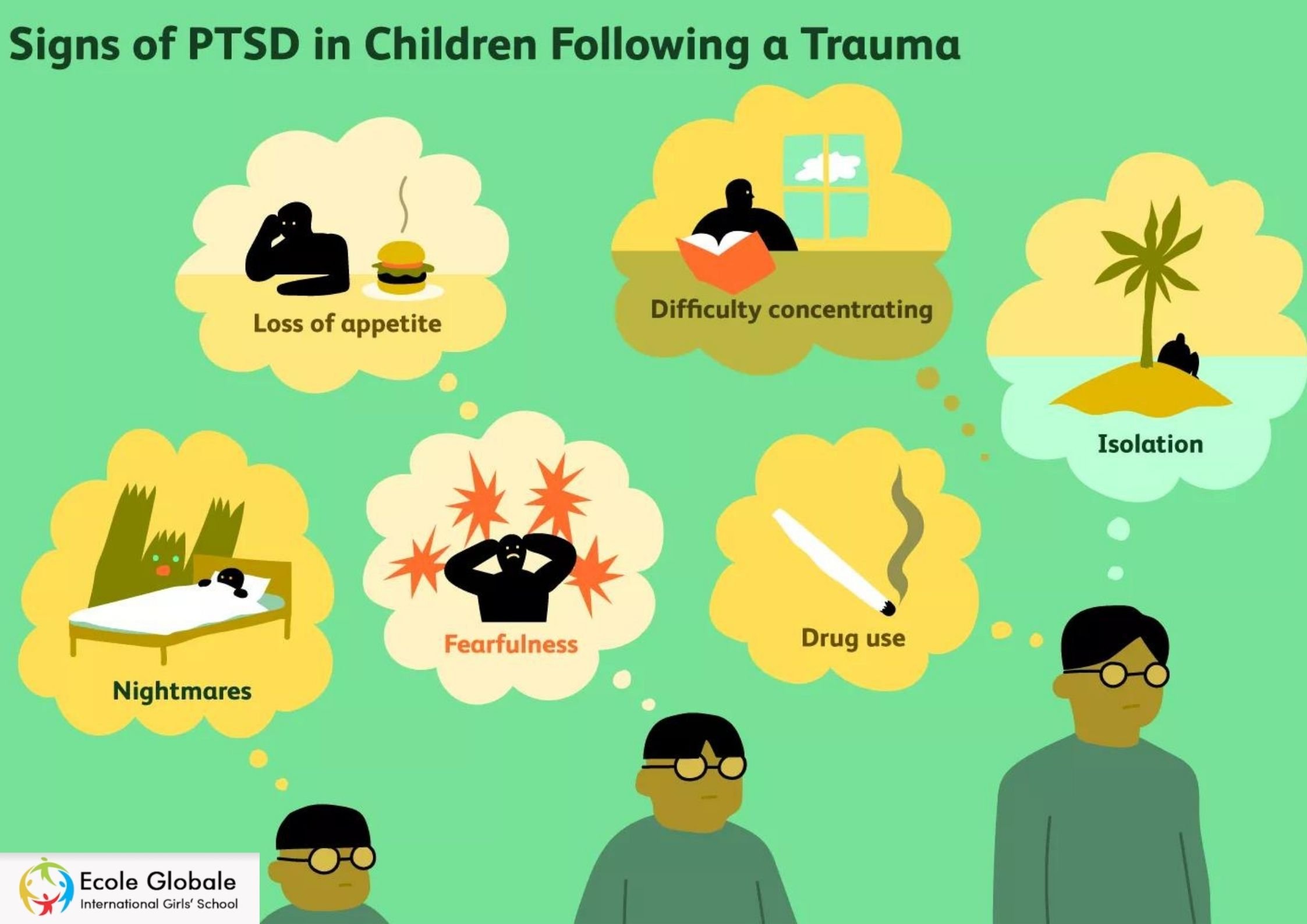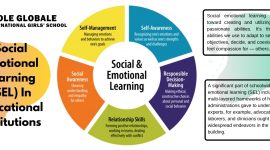Any person who has directly witnessed any kind of tragedy or any accident, or any terrifying event faces a lot of difficulties to recover.
The physical wounds are easy to heal as they are visible, but the emotional and mental wounds are traumatizing. The effect could last for a few weeks, months, years, or even for a lifetime. It is important to take proper care and health advice from a professional regarding such cases as they cause severe mental sickness. If necessary, even consult a psychiatrist. Never restrict yourself from seeking help.
What Are PTSD And Its Symptoms?
Post-traumatic stress disorder (PTSD) has some minor symptoms with major effects. Any kind of negligence towards the situation can leave its bits for the lifetime and damage a person inside out. The person can get flashes of the past events constantly and vigorously, which makes a person restless, and they escape through reality.
Severe sweating, anxiety, stress, trembling, pain, crying, visualizing pieces of the events, suicidal or intense thoughts, scary images, nightmares, etc., are some common symptoms. The past events had a major impact on the personality of the person that a person is unable to detach even though being conscious about it. The person might not be able to take a sound sleep due to nightmares and flashbacks. The fear of the event won’t let a person free so soon.
How To Help Students With PTSD?
Life is affected personally and professionally since people initially do not understand the situation and misjudge a person, which makes the patient introverted and more conservative, which is not good for the case. The more the patient will be self-involved, the more they will receive intrusive thoughts and flashbacks often. The situation isn’t incurable, but the society and the people around make it so. If you see a person with such kind of symptoms, shower them with your love and care unconditionally. Your compassion could help them back from a situation where they stand frozen.
- Talking to them, making trustable relationships, and sheltering them into your tenderness would cost you nothing, but for them, you could turn out to be a life-changer. Being around a person with PTSD might not be easy sometimes, but most of the time, you will come across things that might be common between you and them. It becomes your responsibility to take care of them, and if not care, then you can at least treat them evenly like you treat the rest of the crowd. The complete structure of the hormone balance is distorted in the case of PTSD patients; they feel inferior, hated, socially inactive, and even a joke to a crowd.
- Being a human, it is your responsibility to treat another human as a human and do not disturb their deep-rooted feelings or emotions. Even if the person is a lower-caste worker, works under you, is physically disabled, or anything, you have no right to make fun of them or behave meanly to them. Be a responsible and mannered human being while you see anyone just like the same.
- If you are near the patient, ask them to be more focused or engaged in things that they enjoy doing. This will distract the person and collect the thoughts to work into something positive. Any kind of negativity should not get to their reach. Make them laugh, make them feel valued, help them grow to love, and help them restore their actual self.
- Controlling breaths, meditating, yoga, and other exercises make your mind, body, and soul fit and fine. With exercises and yoga, you work out, which helps you convert all the negative energies to the positive that creates an optimistic aura all around and keeps them self-motivated. Also, doing a good amount of physical exercise makes the body tired that helps to get a night of sound sleep, and this eventually cures half of the problems. Meditation helps attract all the good and positive energies from the surroundings and give away all the negative energies into the environment.
- Whenever a person is about to get a trigger of the event flashback or any kind of nausea, give the person a free space, settle the crowd surrounding, and ask the person to take deep breaths to maintain the proper flow of blood oxygen and lower the jump of the heart rate. An excessive increase in the heart rate should be immediately brought back to normal during the first aid. Otherwise, this can cause heart attack, or paralysis attack, or even brain blood blockage.
- Practice all six senses throughout the day. This increases your focus on things that are happening around you, and this makes you healthy. This is a kind of distraction from unwanted thoughts that consume your energy and make you weak.
- Next, your muscles should be more in a relaxed position. The tighter you keep your muscles, the stiffer they become, and they end up losing flexibility which can cause muscle breakage. For it even takes a warm soothing water bath, water can act as a stress buster.









